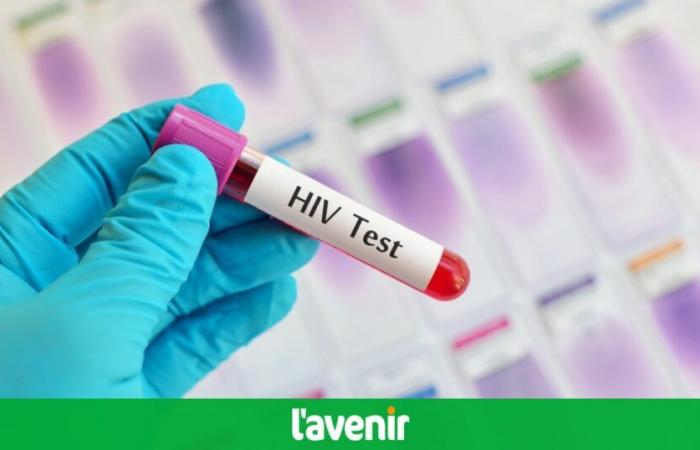
2. The role of general practitioners?
“The availability of this prevention tool is relatively recent. It is therefore logical that its operation be re-evaluated, including a reflection on the relevance of the extension and diversification of the method of delivery of PrEP”, underlines the minister. “HIV reference centers have developed strategies to facilitate access to PrEP, for example by organizing follow-up consultations in collaboration with general practitioners or by delegating certain consultation tasks related to PrEP to nurses in HIV centers. HIV referral under doctor supervision.”
“It is very important that general practitioners can become authorized prescribers for reimbursement of this PrEP, the contraindications of which are not complicated,” proclaim several deputies.
However, the current PrEP distribution model is largely centralized in HIV reference centers (CRV). A first step towards decentralization is recommended, according to the Sciensano Institute of Public Health. In the current legal framework, PrEP can be prescribed by a general practitioner affiliated with a CRV “with the aim of reducing pressure on specialist doctors and thus reducing the waiting time for a first consultation”, according to Dominique Van Beckhoven , epidemiologist in HIV surveillance in Sciensano. “Another measure to reduce the workload of CRVs is that the current legal framework provides for the possibility of alternating PrEP follow-up consultations with a general practitioner – if PrEP users so wish.” There is a case for further decentralization toward a collaborative care model involving multiple health care providers and offering multiple points of access to PrEP. High-risk populations encounter obstacles in accessing PrEP and in its effective use, partly due to a lack of knowledge. This highlights the need to implement differentiated monitoring models for PrEP to improve ease and equity of access.
“As the cohort of PrEP users is expected to continue to grow in the coming years, there is a need to implement innovative strategies to ensure that there is sufficient capacity to provide a monitoring of PrEP to this growing number of users. Reflection on a collaborative distribution model for PrEP must include the role of general practitioners.
-“The question that remains to be decided is whether we should authorize all general practitioners to prescribe PrEP treatment”, we specify in the office of the Minister of Health, questioned by The Future. “Expert opinions differ, because not all general practitioners have the required knowledge. Currently, 55% of diagnoses in Belgium are made by general practitioners, and the rest by specialists. This clearly shows that every doctor must be able to carry out HIV testing We must continue to invest in training doctors to promote sexual health and proactively test the population. Minister Vandenbroucke says he is “open to a solution in which PrEP can be prescribed by all general practitioners, but for this they must be sufficiently trained on the issue”.
3. Treatment in the form of injections not yet reimbursed
A new treatment in the form of injections to be administered every two months, instead of taking a daily pill, is in development. “INAMI has not yet approved the reimbursement of injectable PrEP in Belgium. The Institute of Tropical Medicine is currently carrying out a feasibility study to determine which target groups could benefit the most from injectable PrEP, such as workers in the males”, concludes Ms Van Beckhoven.





